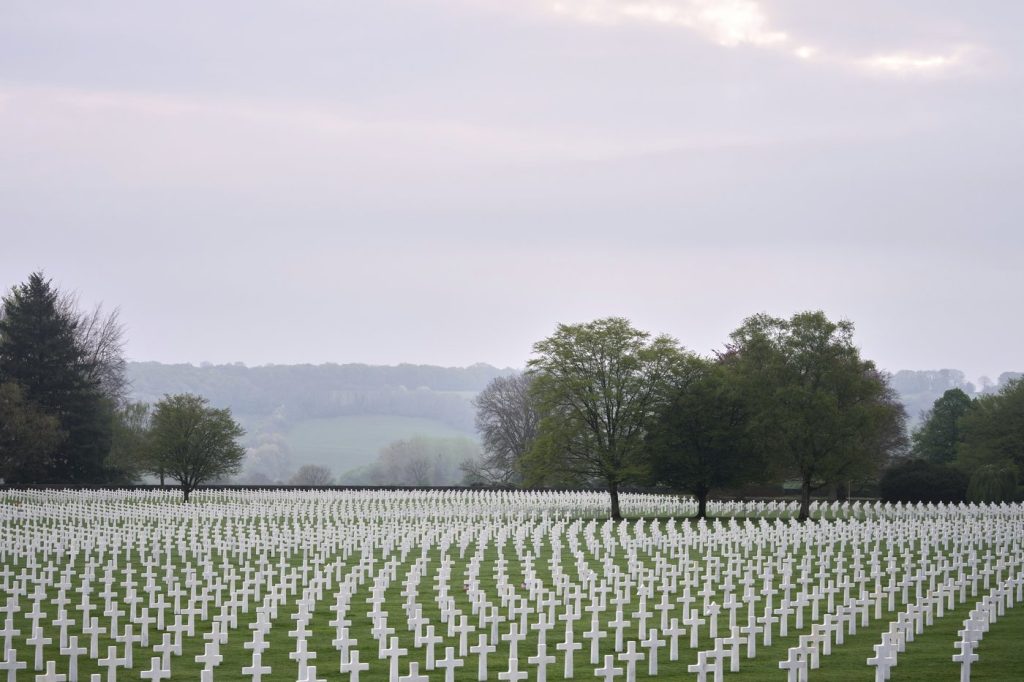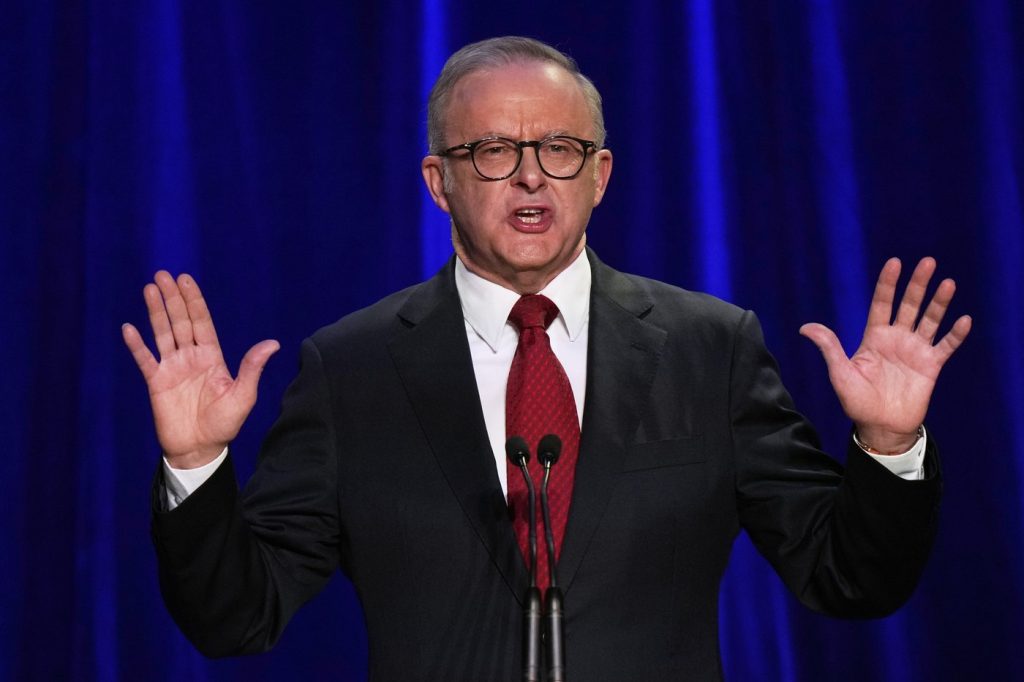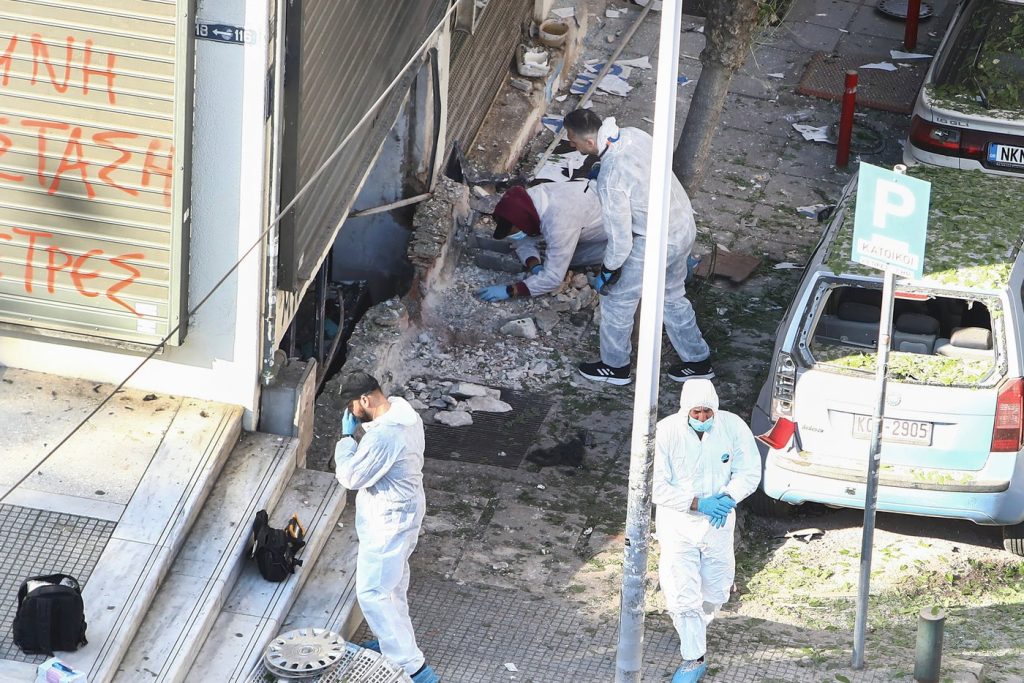THIMISTER-CLERMONT, Belgium (AP) — The haunting memories of World War II linger in the mind of 91-year-old Marcel Schmetz, who recalls blood dripping from trucks carrying the mangled bodies of U.S. soldiers to a nearby war cemetery in 1945. Those images have led him to develop a profound sense of gratitude for the young soldiers who sacrificed their lives to combat Adolf Hitler's forces and ultimately bring about the end of the war in Europe.
In tribute to these heroes, Schmetz established a museum at his home in the Belgian Ardennes, the Remember Museum 39-45. “If the Americans hadn’t come, we wouldn’t be here,” he stated, highlighting the debt of gratitude felt by many in Europe. This sentiment resonates strongly in Normandy, France, where the D-Day landings took place on June 6, 1944, marking a crucial turning point in the conflict.
Marie-Pascale Legrand, who tends to Charles Shay, an American veteran now aged 100, echoes this deep-seated gratitude. Shay was a young soldier who stormed the beaches of Normandy on D-Day and continued to fight for months to help liberate Europe. “Gratitude for me means that I am eternally indebted, because I can live free today,” she expressed. As the continent prepares for commemorations marking the 80th anniversary of Victory in Europe Day (V-E Day) on May 8, 2025, reflections on the sacrifices made during the war continue to shape the identity and memory of nations.
Historically, V-E Day has served as a reminder of the strong bonds between European nations and the United States, forged during the shared struggle against Soviet oppression throughout the Cold War. However, those ties now face challenges due to evolving geopolitics and recent tensions. The rhetoric emerging from Washington has intensified, particularly during the Trump administration, which has questioned long-standing alliances and imposed trade sanctions on the European Union and the United Kingdom. This shift has sparked fears of a trade war, further exacerbating existing concerns.
Hendrik Vos, a European studies professor at Ghent University, noted that prolonged tensions from recent U.S. policies may leave deep scars on transatlantic relationships. Despite the changing political landscape, the bonds forged through shared history endure in places like the green hills of the Ardennes and the shores of Normandy. Schmetz remarked, “For all those that criticize the Americans, we can only say that for us, they were all good. We should never forget that.”
Driven to honor the memory of fallen soldiers after witnessing the transport of their bodies to a nearby cemetery as an 11-year-old, Schmetz dedicated his life to preserving the history of the Second World War. Transforming his car mechanic shop into a museum more than three decades ago, he collected artifacts that pay tribute to the sacrifices made by American soldiers. His initiative has become a vital space for U.S. veterans and their families to visit and share their stories, ensuring that the narrative of sacrifice is passed down to new generations.
In Burgundy, Legrand, who has been caring for Charles Shay since 2018, reflects on a transformative moment when she heard U.S. President Ronald Reagan speak of American soldiers' sacrifices in 1984. “Their blood is in our soil, and we have to show gratitude,” she realized, which motivated her to support Allied veterans through her work. The relationship with Shay has deepened over time, presenting a poignant symbol of friendship in light of strained transatlantic relations.
Trump’s administration has promoted the idea that European NATO allies must contribute more to their defense, leading to fears of weakening the historical ties that had been viewed as unbreakable. “The naive belief that the Americans will, by definition, always be an ally... is gone,” Vos explained. The consequences of this shift raise critical moral questions for Europeans regarding their perpetual gratitude towards their American allies.












